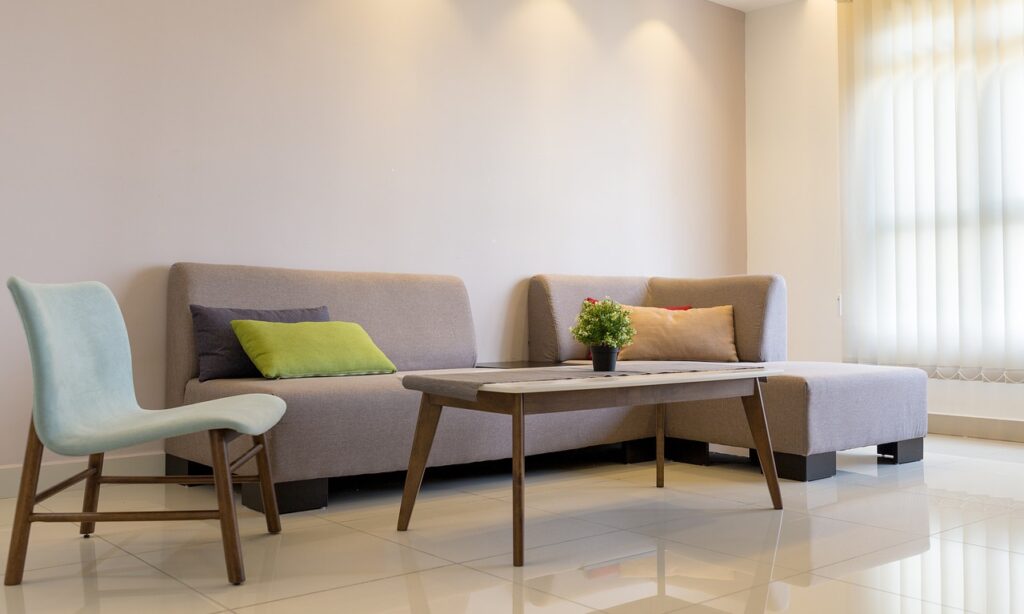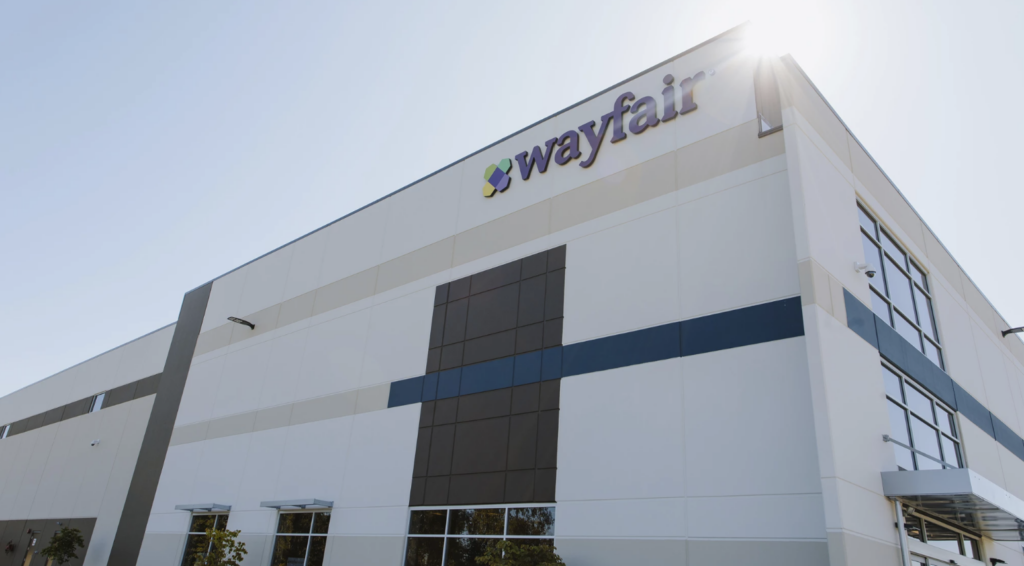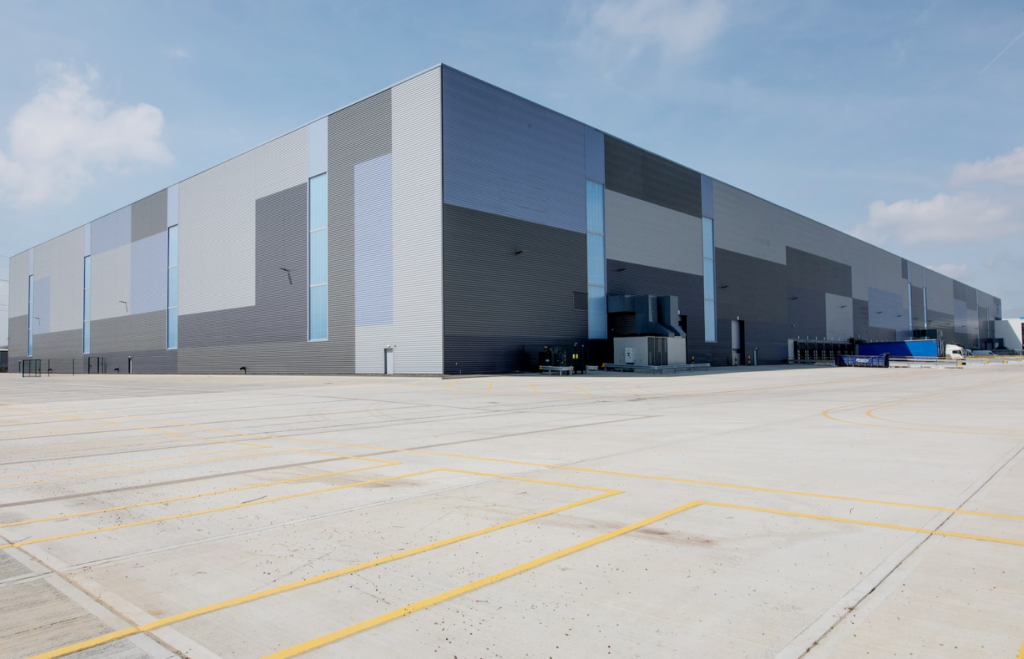While the wettest March in over 40 years dampened sales growth for fashion, gardening and DIY products, furniture sales were boosted, says the British Retail Consortium (BRC).
According to the latest BRC-KPMG Retail Sales Monitor for March 2023, total retail sales increased by 5.1% in March, against an increase of 3.1% in March 2022. This is above the 3-month average growth of 4.8% and the 12-month average growth of 2.6%.
High street retailers saw some limited growth across most categories in March, but as consumers cut back on eating out, spending on home comforts, accessories and furniture saw the biggest growth. Online retailers also benefited from the boost in sales of home items, but saw continued decline in sales across most other categories.
UK like-for-like retail sales increased 4.9% in March, against a decline of 0.4% in March 2022. This was above the 3-month average growth of 4.6% and the 12-month average growth of 2.1%.
Food sales increased 8.5% on both a Total and Like-for-like basis over the three months to March. This is above the 12-month Total average growth of 5.8%. For the month of March, Food was in growth year-on-year.
Non-Food sales increased 1.8% on a Total basis and 1.4% on a like-for-like basis over the three-months to March. This is above the 12-month Total average decline of 0.1%. For the month of March, Non-Food was in growth year-on-year.
Over the three months to March, Instore Non-Food sales increased 5.2% on a Total basis and 4.6% on a Like-for-like basis since March 2022. This is above the 12-month average growth of 3.7%.
Online Non-Food sales decreased by 2.1% in March, against a decline of 29.0% in March 2022. This is above the 3-month average decline of 3.0% and above the 12-month decline of 5.2%. The proportion of Non-Food items bought online (penetration rate) decreased to 38.4% in March from 40.7% in March 2022.
Helen Dickinson OBE, Chief Executive | British Retail Consortium, said: “Stores were given an extra boost, as last-minute shoppers dashed to their local high streets and shopping centres to purchase jewellery, fragrances and flowers.”
“With consumer confidence edging up and big events on the horizon such as the King’s Coronation, retailers have reason for a spring in their step. However, extensive cost pressures on business remain, and Government must ensure it minimises incoming regulatory burdens. Unless these future costs are brought to a heel, we will likely see high inflation continue for UK consumers who already face rising household bills from this month.”
Paul Martin, UK Head of Retail | KPMG, said: “Many retailers hoping for a Mother’s Day boost will have been disappointed with overall sales growth of just 5% in March, against a backdrop of rising inflation running at more than 10%.
“As we enter April, rising utility costs, council tax and mobile bills coupled with frozen personal tax rates and the withdrawal of energy bill support will see consumers having to further cut back on discretionary spending. Consumers will continue to take steps to reduce spend where they can – switching where they shop, what they buy, and spending on fewer items.
“The challenge for retailers right now is having to face into their own rising cost agenda, as the rise in minimum wage rates comes into effect and inflation continues to challenge margins, whilst ensuring affordability, choice and value for customers, which will be key to keeping the tills ringing.
“As the difficult economic conditions continue, retailers will be hoping that April prompts consumers to look for some comfort in Easter treats and the sun starts to shine forcing replenishment of summer wardrobes.”















